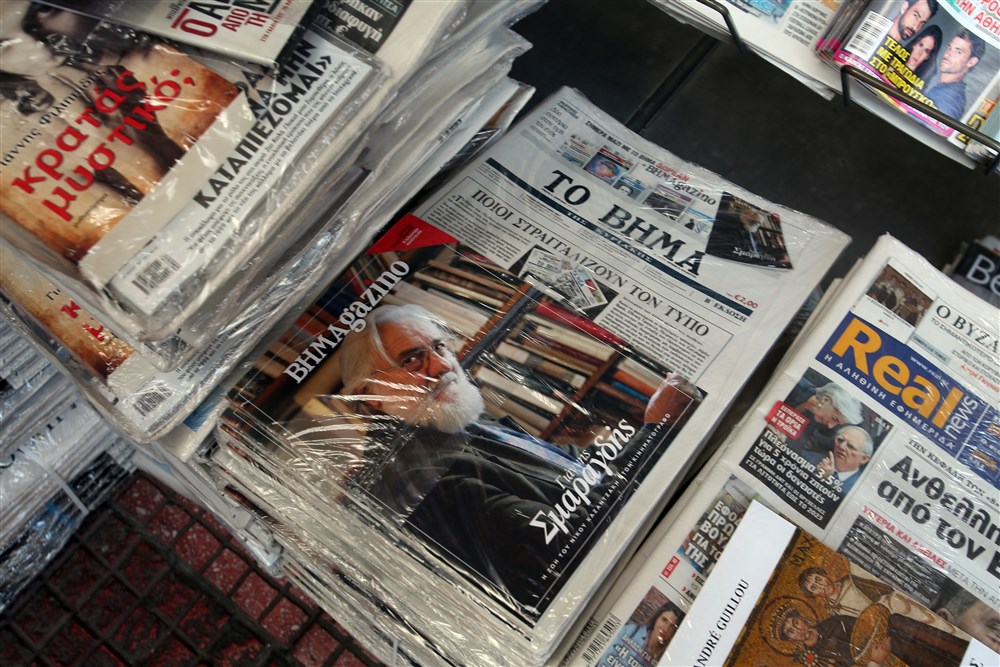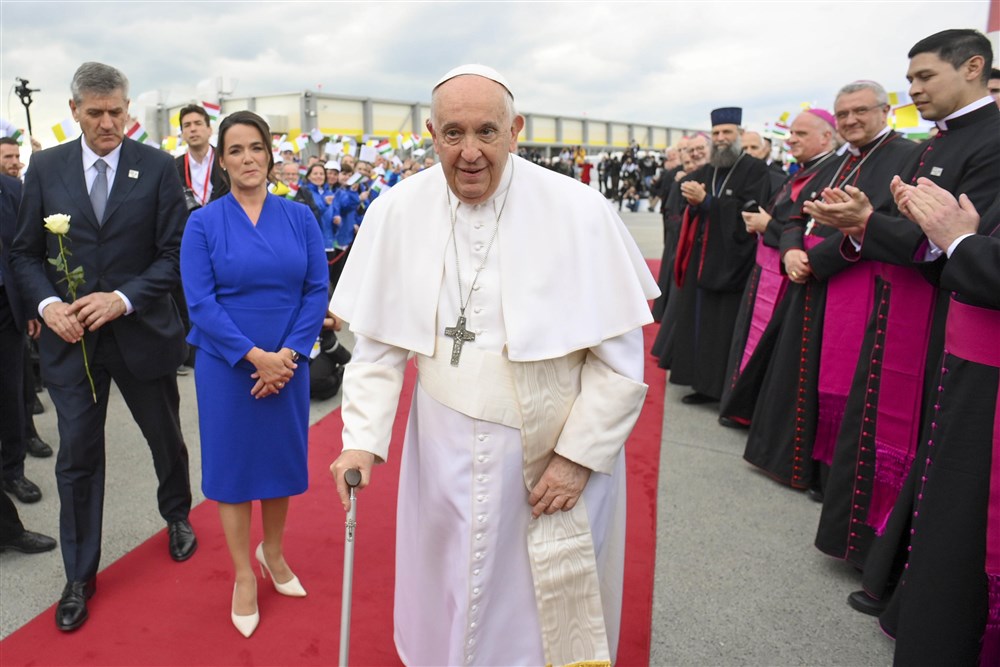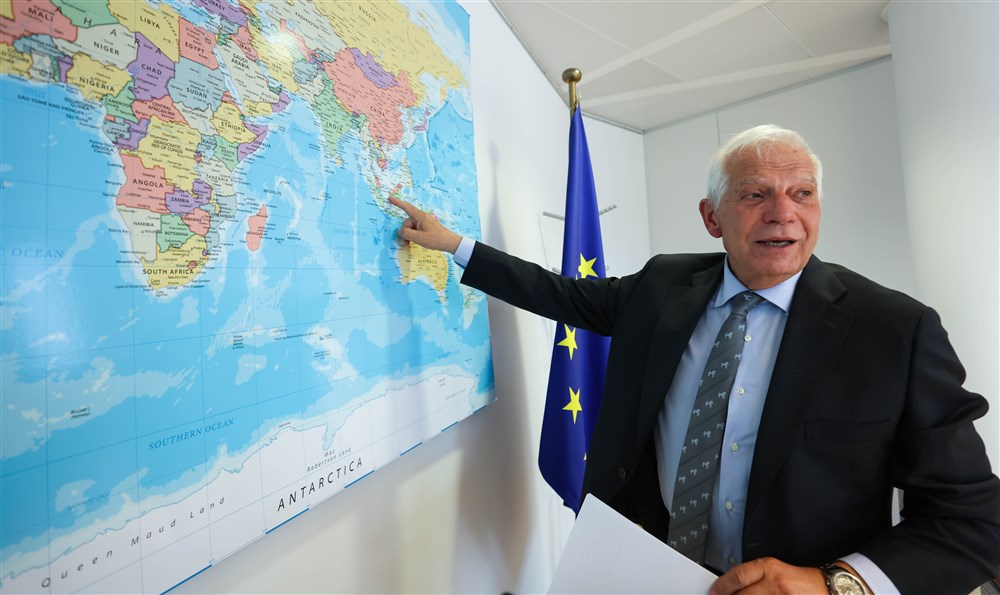Poland’s Government says the city Kaliningrad should from now on be referred to as Królewiec.
A government committee said “events related to the Russian invasion of Ukraine” had prompted members to recommend the change on the ground that place names “had not only a practical function but also a symbolic one”.
The Russian name Kaliningrad and Kaliningrad oblast should be replaced by the Polish names Królewiec and Królewiec Province, or obwód królewiecki, according to the committee for the standardisation of geographical names.
“The fact that a major city near the Polish border is named after Mikhail Kalinin, a criminal who, among other things, was partly responsible for…a mass murder in Poland (the Katyn massacre), is emotional and negative in Poland,” the commission said in a statement. Over 22,000 Poles were murdered during the 1940 Katyn massacre.
Kaliningrad, a Russian exclave that borders Poland, was known as Königsberg until 1946, having been part of Germany before passing to Soviet control after World War Two. Earlier, between the 15th to 17th centuries, it had been known as Królewiec while under Polish control.
Od dziś dla miasta Калининград zalecane jest wyłącznie używanie polskiej nazwy Królewiec i nie stosowanie nazwy Kaliningrad, zaś dla jednostki administracyjnej Калининградская область (Kaliningradskaja obłast´) zalecana jest nazwa obwód królewieckihttps://t.co/NzuoGjJ6Gq
— Kamil Surowiec (@surowiec_k) May 9, 2023
In justifying its decision to return to the name Królewiec, the committee wrote that the current Russian name of Kaliningrad was the result of an “artificial baptism unrelated to either the city or the region”.
“The current Russian name of the city is an element of the symbolic space of Russia,” wrote the committee. “Each country has the right to use … traditional names constituting cultural heritage”.
In March 1940, Kalinin was among the Soviet leaders who signed the order to execute thousands of Polish military officers and members of the intelligentsia who had been taken prisoner after the Soviet Union invaded Poland in tandem with Nazi Germany.
Kremlin spokesman Dmitri Peskov called the decision “no longer Russophobia, but a process that borders on madness.”
Peskov recalled that throughout history “Poland slips from time to time into this madness of its hatred of Russians” and that “it brings nothing good for Poland and the Poles”.
On 9 May, in Warsaw, Russian state media organisation TASS reported that, “an aggressive mob prevented the Russian ambassador to Poland, Sergei Andreev, and other Russian diplomats from entering the territory to lay wreaths at the memorial in the memorial cemetery of Soviet soldier-saviours who died in Poland, where 22,000 Soviet soldiers and officers are buried.”
Some Russians see the move as an attempt to stir up separatist sentiment, and accuse Poland of fostering plans to annex the Russian city.
So, Polish Russophobes want to teach everybody history. The name of the Russian city of Kaliningrad is not to their liking; they suggest writing Krulevets instead.
Well, in that case, no Kraków for them; only Krakau.
No Gdańsk; only Danzig.
No Szczecin; only Stettin.
No Poznań;…— Dmitry Medvedev (@MedvedevRussiaE) May 10, 2023
Russia and Poland have a long and often turbulent history. Poland was under a long Soviet occupation and has been suspicious of Russian expansionism.





